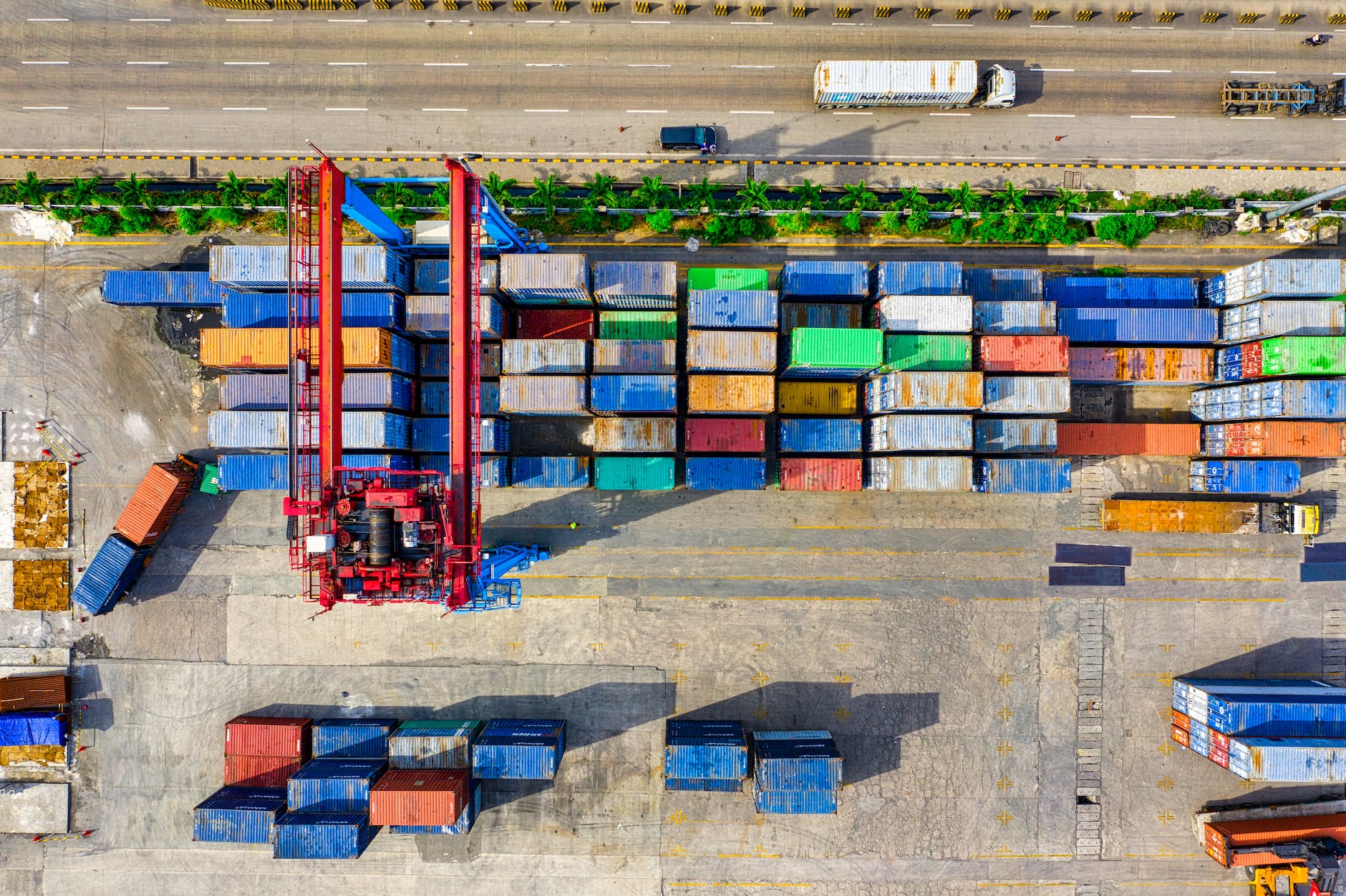
Shipping Containers
Purchasing a shipping container represents an extraordinary opportunity. These plain-looking containers hide complex mechanisms. They can be used for various purposes due to their low cost, high durability, ability to seal off air and water, and mass.
Shipping containers can also serve as inexpensive, low-maintenance storage bins for various items. That’s why SCF containers ensure that your investment in a shipping container lives up to your hopes and dreams. But before purchasing, read the five steps below to consider.
1. Consider Your Needs
There are several important considerations before purchasing shipping containers, including what you need. To begin, you can find the exact size and kind of container to meet your needs. Knowing what you’ll use the container for will help you choose the best size, features, and specs for storage, transit, or particular use.
In addition, knowing what you’ll be using the container for makes it easier to evaluate its present state. There are pros and downsides to both buying a new and a used container, so you should weigh them carefully before making a decision.
Suppose you have a good idea of what you’ll use the container for. In that case, you’ll be able to evaluate whether or not it has the right ventilation, insulating materials, and security measures.
Ultimately, future planning is facilitated by thinking about your needs. Choose a storage unit that gives you room to grow into or add to if you plan on increasing your usage. By considering what you’ll be using the container for, you can decide which shipping container is best for you.
2. Check The Quality
Before purchasing shipping containers, it is crucial to conduct a quality check to guarantee the security and integrity of your belongings. Transporting and storing valuables is much easier when using high-quality containers.
The quality can be evaluated by looking for signs of structural damage, leaks, or wear and tear that could compromise the container’s ability to keep the contents safe from elements like moistness, pests, and theft. If you take the time to do some quality assurance testing before you buy a container, you can rest assured that your valuables will remain safe and undamaged during transport or storage.
3. Size Of The Container
Before purchasing, it is crucial to consider the container’s capacity. The capacity and appropriateness of a container are, first and foremost, dependent on its size. Whether the container will be used for shipping or storage, picking the proper dimensions will let you make the most of the available space and quickly load and unload.
For practical reasons, it’s also important to consider the size, as it determines how well it fits on trucks, ships, or trains for transit. There is a fine line between having a container that is too big and spending too much money and having a container that is too small and paying for more containers to fit your cargo.
You can save money, time, and effort by carefully considering the container’s dimensions before purchasing to ensure it meets your needs and improves efficiency.
4. Research And Factor In All Potential Costs
You should plan and consider all of the fees before you buy your shipping container. Despite their versatility, other not-so-obvious expenses should be considered before buying a shipping container. For instance, consider installing insulation if you want to spend the winter in the container, as it will get quite cold without it.
Keep fire extinguishers and exhaust systems handy when keeping chemicals or other potentially dangerous goods in the container. Problems opening and closing the door could discourage people from using it, so keep that in mind.
5. How The Container Will Be Delivered
The inconvenience of transporting a container, especially a large one, is reason enough to inquire about the seller’s delivery procedures. Delivery costs to locations far from where the container is now located may cause the final price to exceed the initial estimate. You might save money on the container, but you’ll spend more on transportation.
Don’t forget to clarify if you or they will be responsible for delivering the container. Also, clarify who is accountable if anything is broken while transported, loaded, or unloaded.
The Key To Successfully Buying Shipping Containers
The secret to a smooth journey in buying shipping containers is now yours. If you follow the five steps in this guide carefully, you will gain extensive knowledge and insight. Always remember to figure out exactly what you need, find trustworthy providers to work with, inspect everything thoroughly, and put quality first.
With this knowledge, you should have no trouble locating and securing containers that meet your specific requirements. Now that you know the secret to buying a container, you can start your quest with full assurance.
References
https://conexboxes.com/blog/questions-to-ask-before-buying-a-shipping-container
https://www.digitalconnectmag.com/things-to-consider-before-purchasing-shipping-containers/
https://www.sigmacontainer.ca/blog/5-things-to-consider-before-buying-a-shipping-container/
https://www.wikihow.com/Buy-a-Shipping-Container
https://www.securecontainer.ca/factors-to-consider-before-buying-a-shipping-container/






